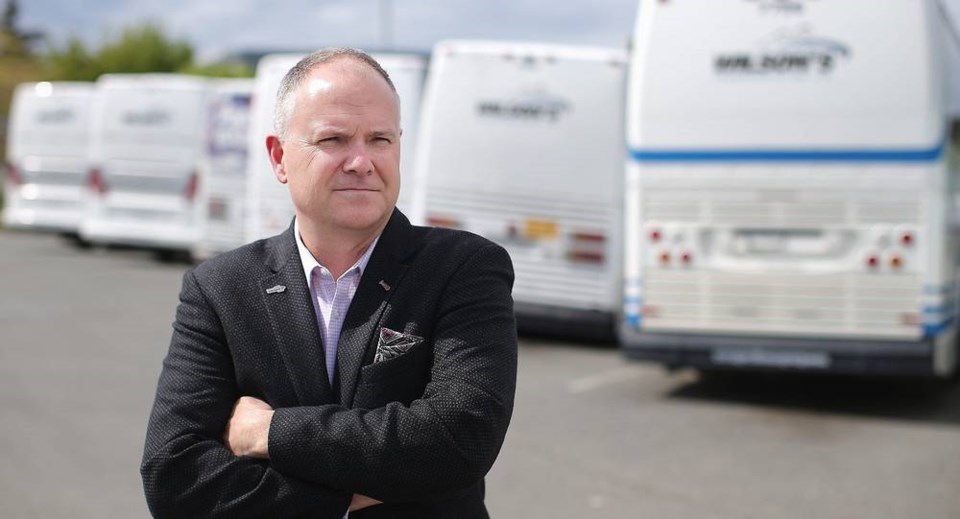The COVID-19 pandemic’s latest victim may be a transportation service that has provided a vital link between communities on the Island’s west coast and smaller communities on the North Island.
Citing a 95 per cent drop in revenue across its group of companies and no meaningful relief from government on the horizon, Wilson’s Transportation has announced it will not resume its Tofino Bus and Island Connector service Feb. 12 as planned.
Chief executive John Wilson said the service is in jeopardy of being abandoned altogether.
“At this point, we are unsure when and if we will be able to resume service given the current environment,” he said.
“With our current passenger counts, we are unable to cover the costs for these runs and simply cannot afford to continue to operate these routes. This is an extremely difficult decision to make as we are very concerned about the safety of the people who rely on our service. Sadly, we have no other options.”
Wilson’s asked the province for a one-year emergency COVID-recovery contract from the Ministry of Transportation to cover operating costs for Tofino Bus and allow it to resume the service, but that hasn’t happened.
In a statement, Transportation Minister Rob Fleming acknowledged that some inter-city bus providers, like other businesses, are struggling. “I recognize how dire the situation is, and am fully committed to working with this sector in the recovery from pandemic-induced financial challenges.”
According to Wilson’s, the company has not been able to qualify for many of the relief programs offered by the federal or provincial governments because it has too many employees or is not operating, and it has been loath to take on more debt.
Samantha Wilson, brand manager at the Wilson’s Group, said even the federal government’s new low-interest loan program — the Highly Affected Sectors Credit Availability Program — would add to the debt load.
“When you look at Tofino Bus, well, that debt has to be repaid at some point, so that means either cutting costs, routes or capacity, or increasing prices,” she said.
Tofino Bus, which operates the Vancouver Island Connector, is the only inter-city bus service on the Island. In its last full year of operation in 2019, it provided 82,500 trips to 29 communities and 21 First Nations and First Nations organizations.
Judith Sayers, president of the Nuu-chah-nulth Tribal Council, said the shutdown of the service poses a public health and safety risk, particularly for Indigenous women and girls in those communities.
“We have witnessed this on the Highway of Tears, and we know that there is still a number of Nuu-chah-nulth women who are still missing,” Sayers said. “We must ensure they have safe transportation to get to their essential destinations, so we have no more murdered and missing sisters.”
Tofino Bus has been shut down since early December when tougher COVID restrictions were put into place. It was also idled between March and July, but restarted as the province started to open up the economy in the summer.
Samantha Wilson said the bus line never got the numbers they needed to keep the business going.
“Inter-city bus travel had its issues prior to COVID,” she said, noting Greyhound pulled out of routes in Western Canada entirely in 2018. “They were in the same situation — a private company with no government subsidy. It needs bums in seats to cover operating costs.”
Wilson said without government help, the Tofino Bus may be just the first service to fall.
“We are down 95 per cent across the board,” she said. “We are without any kind of support. We are definitely going to have to take a hard look and see what we can continue to operate as normal and what further changes will need to be made.”
aduffy@timescolonist.com



